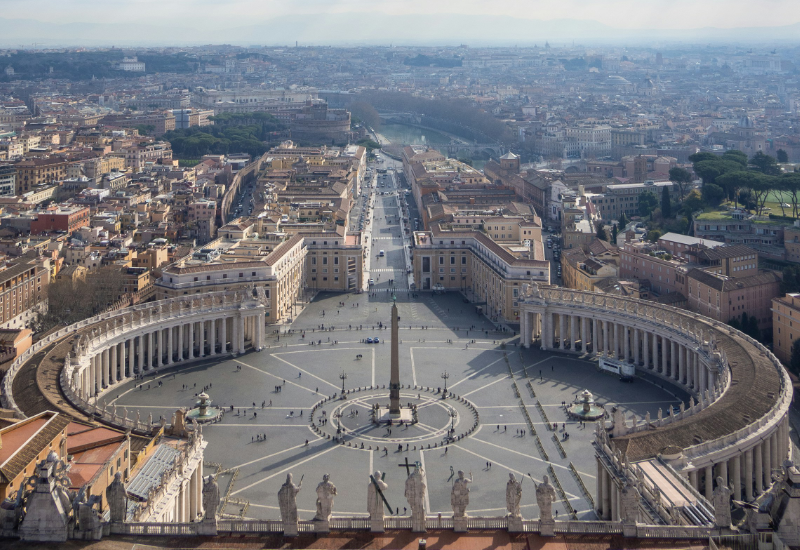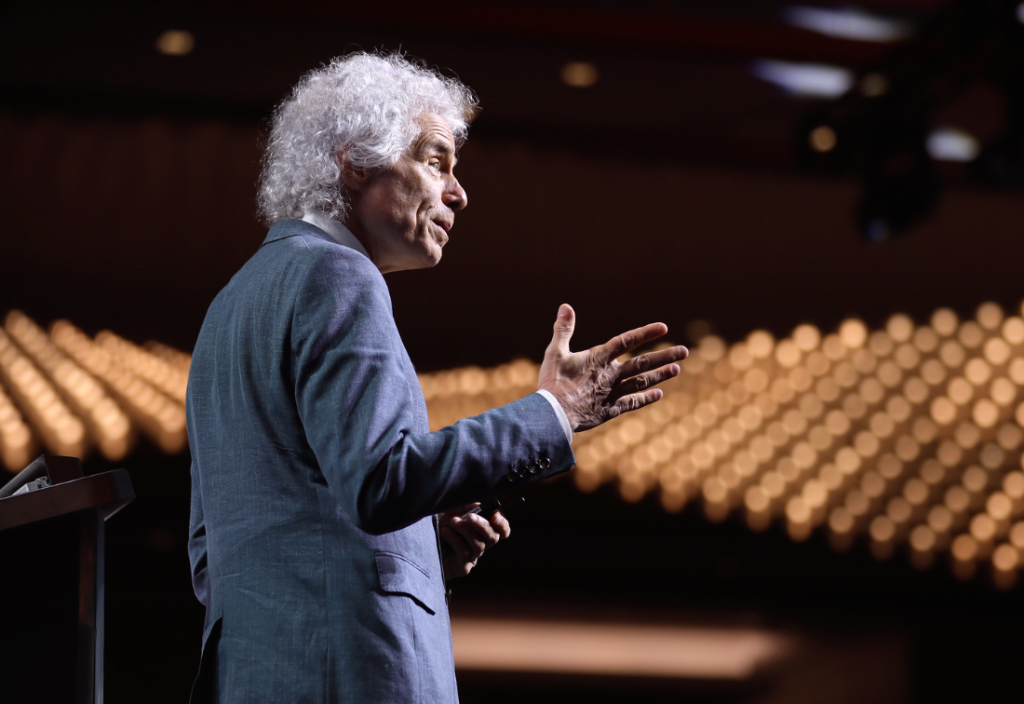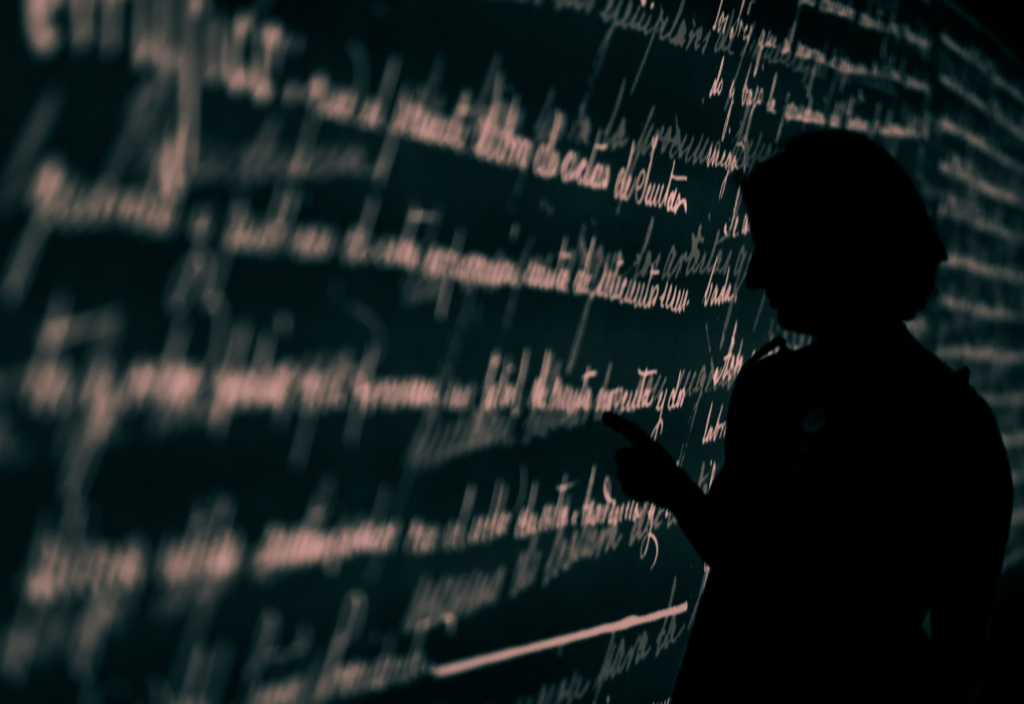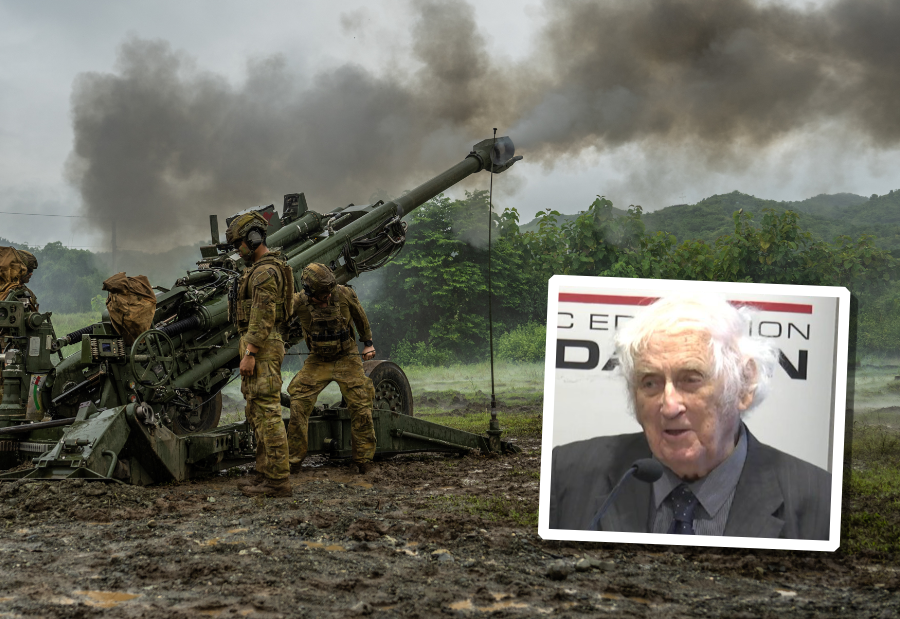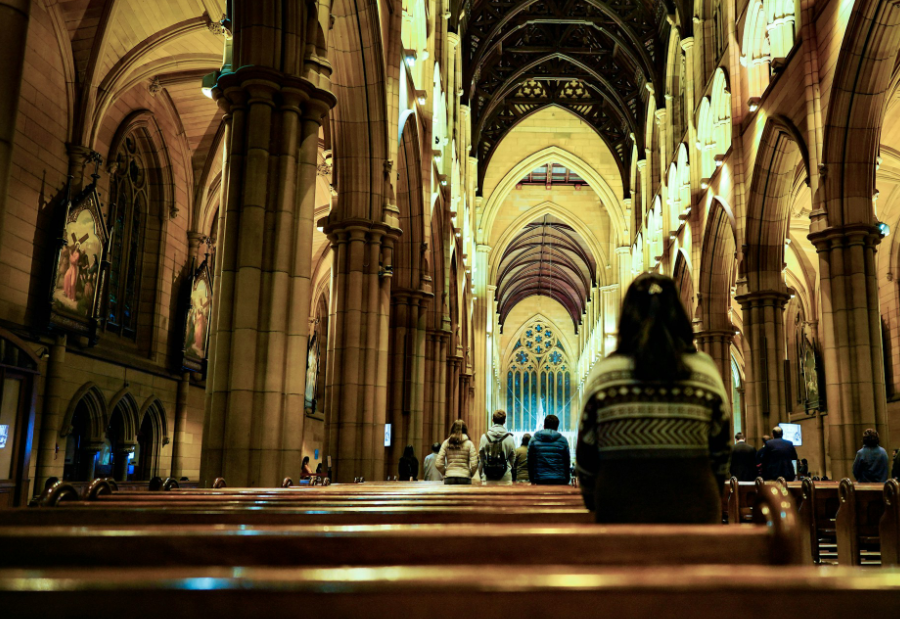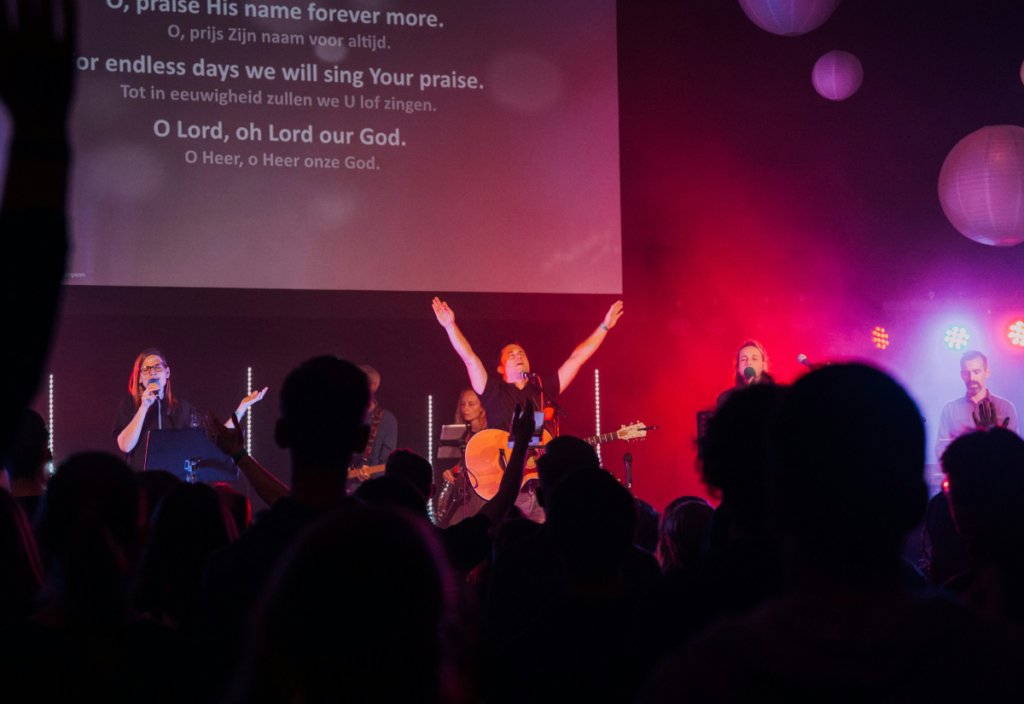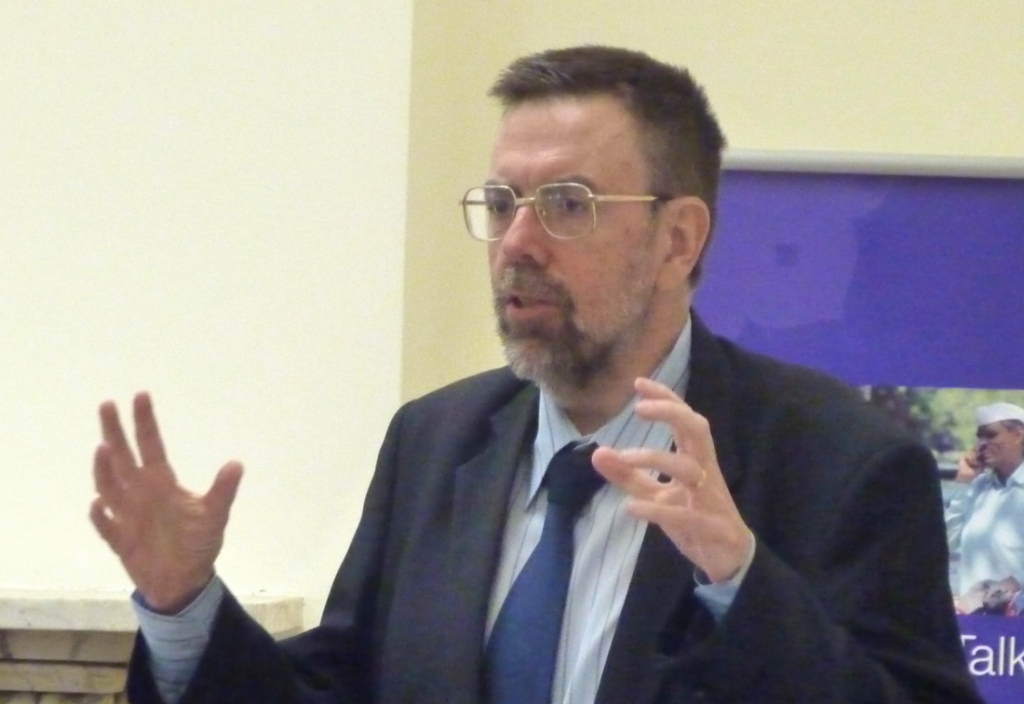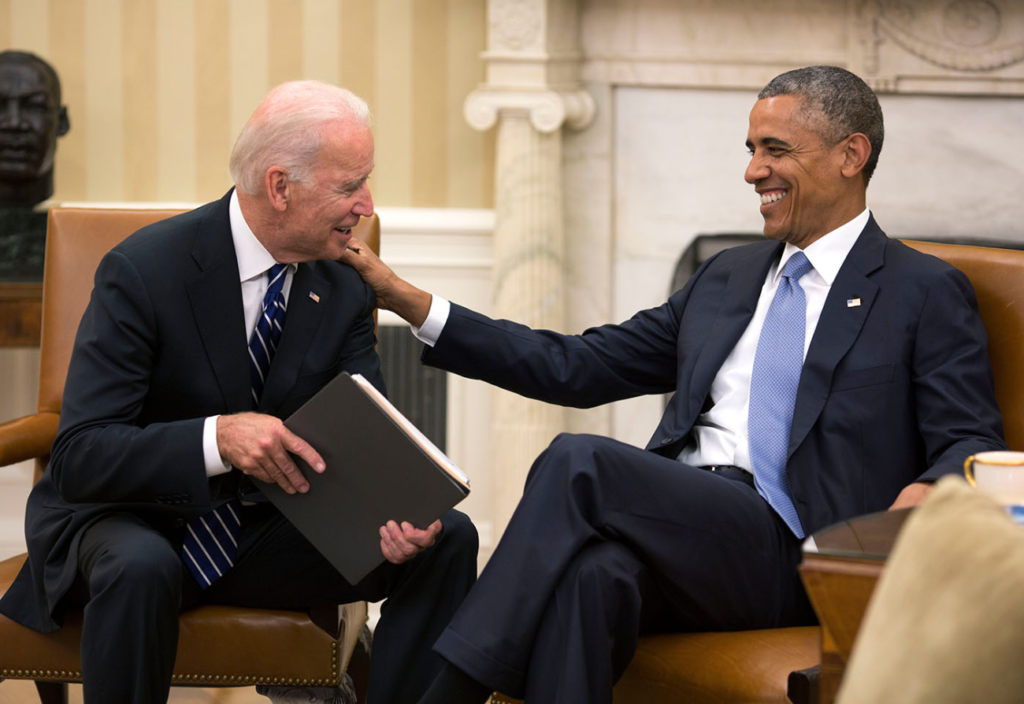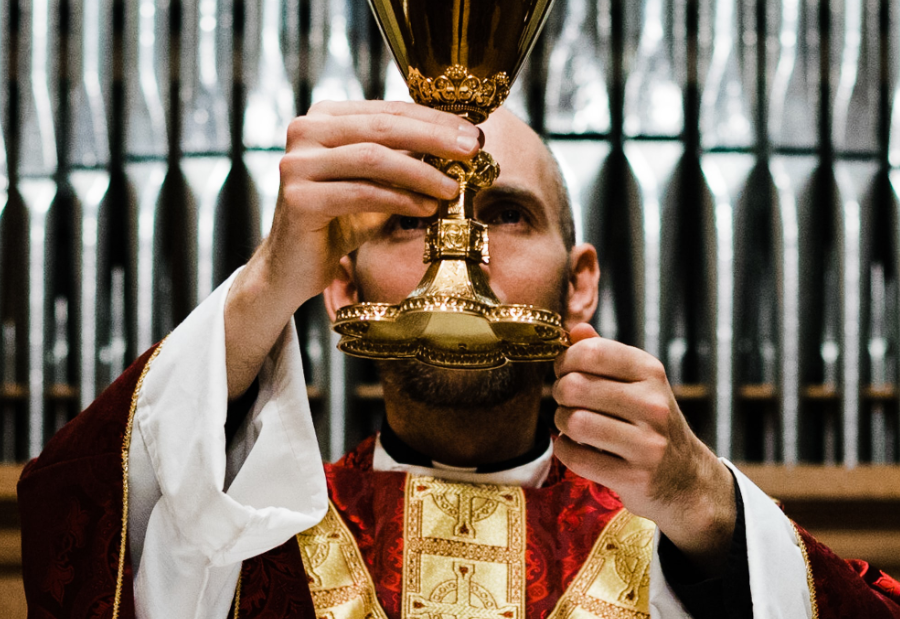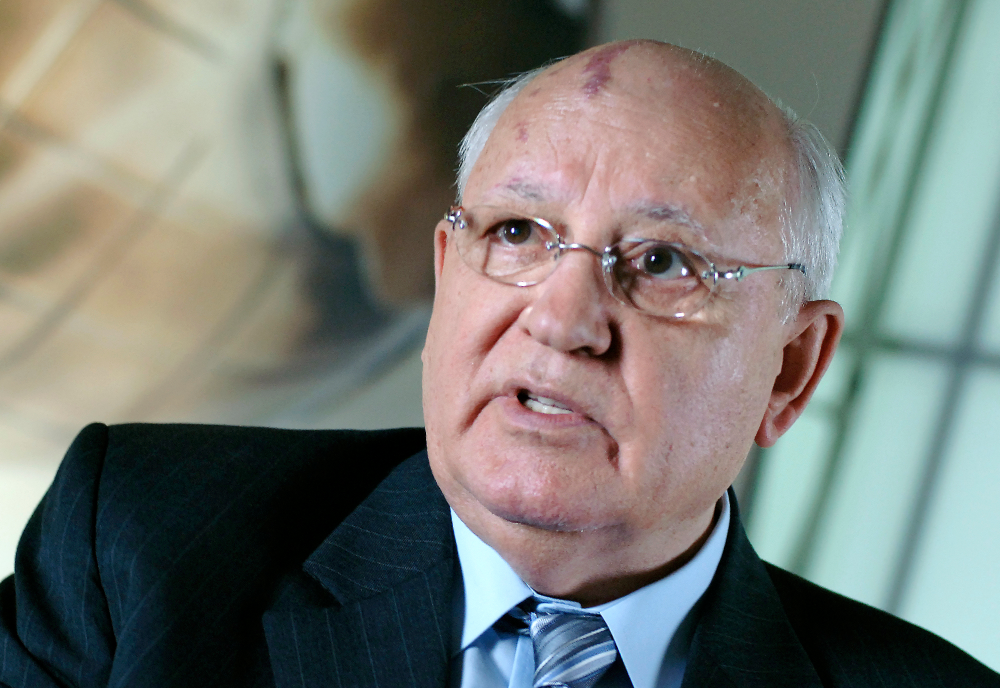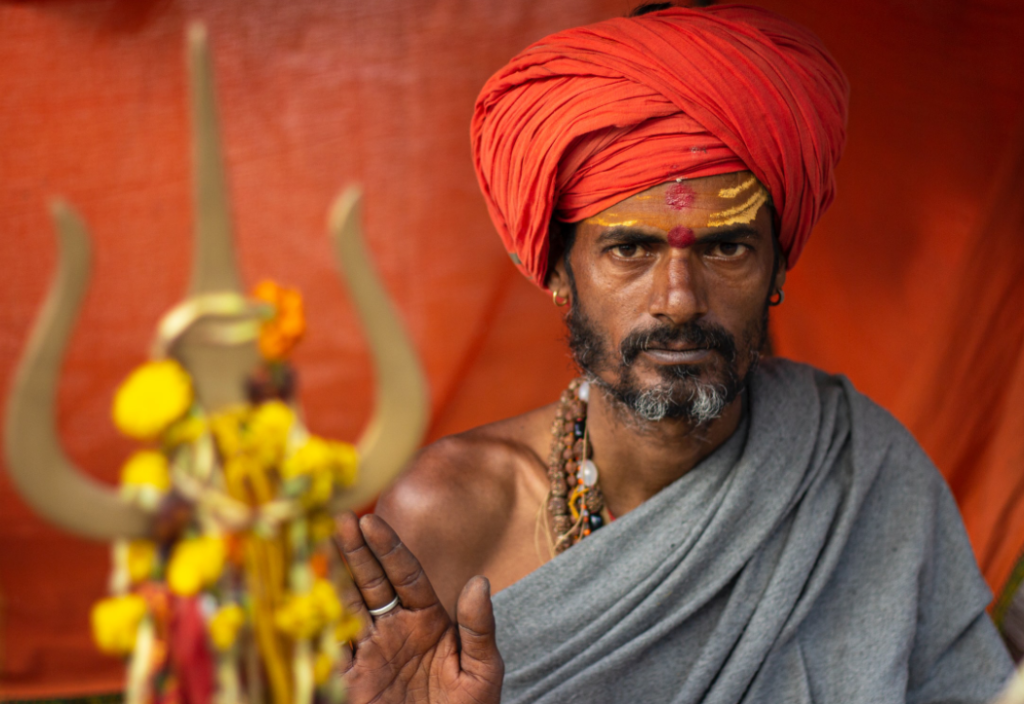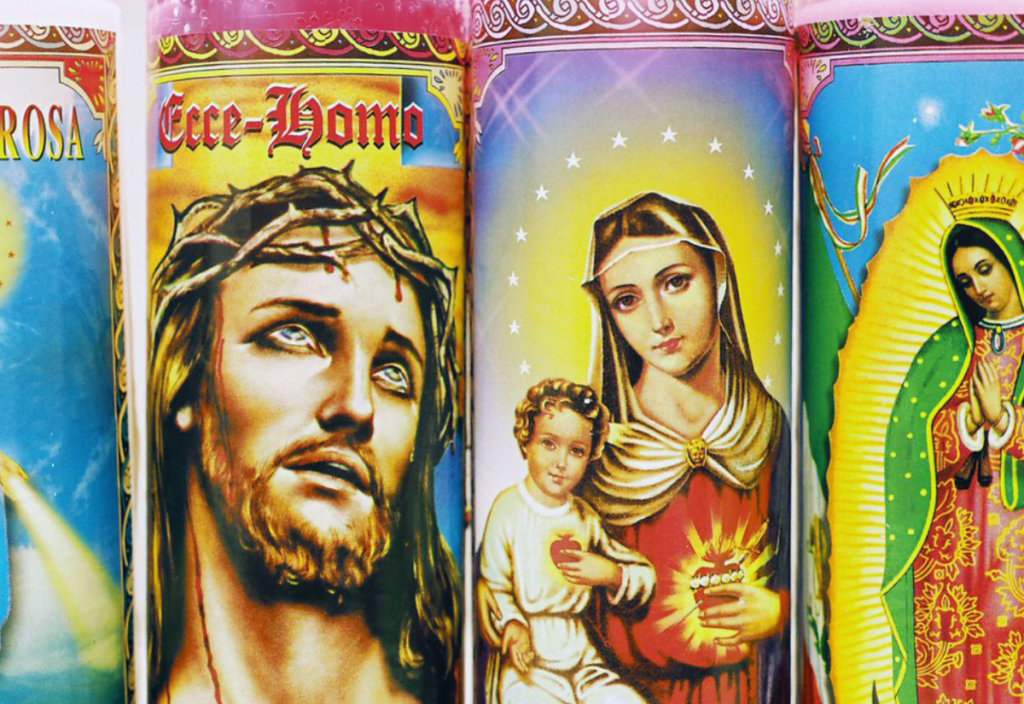Robert Harris is a gifted historical novelist, whose work spans millennia on topics from ancient Rome (Imperium, Pompeii, Dictator) to the Nazi era (Fatherland, Munich) and the present (Conclave). He is clearly interested in the workings of power, the logic of institutions, the nature of diplomacy and the role of individuals on the margins of major events. His latest book, Conclave, is about the Vatican and Papal elections.
I come from a Catholic background. I took the religion seriously when young and pondered a career as a Jesuit. My parents urged me on. My father declared, “You could become the first Australian Pope!” But the more I thought about the matter, the less inclined I was to go down any such path.
At the age of 18, I informed my parents that I would not go to church anymore because I simply did not believe in the doctrinal claims of the Vatican, or the stories in the Bible. I did, however, read seriously about the origins of Christianity, its later history, the nature of the papacy and the church in the modern world.
A film like Conclave, therefore, is of interest to me at several levels.
The film, directed by German-born director and screenwriter Edward Berger, is good and may win an Oscar or two. Ralph Fiennes, Stanley Tucci, John Lithgow and Isabella Rossellini lead a stellar cast. The sets are magnificently conceived and constructed. One really feels oneself inside the Sistine Chapel during the conclave and other parts of Vatican City throughout. And the procedures for a papal conclave are meticulously reconstructed.
For those unfamiliar with Catholicism and the Vatican, it’s worth, perhaps, pointing out that Popes (from the Italian Papa/Father) have been elected for almost two millennia now, making the Papacy by far the oldest elective office or magisterium in the world. Until 1059, the Pope was chosen by a (rough) consensus of the clergy and laity – note well. At that point, the election became confined to the College of Cardinals.
But only in 1274, under Pope Gregory X, was the procedure dubbed a ‘conclave’ (from the Latin cum clave, ‘with a key’). The cardinal electors were to be locked in seclusion for the duration of the election to cut them off from corruption or political lobbying. Only since 1492 have the conclaves been held in the then newly built Sistine Chapel. Completed in 1481, it is named for the Pope, Sixtus IV, who had it constructed.
The world-famous ceiling frescoes by Michelangelo were added a generation and more later. The ceiling fresco ‘The Creation of Adam’ was painted for Pope Julius II (1503-13). The fresco behind the altar ‘The Last Judgement’ was only painted twenty years later, for Pope Clement VII (1523-34), during the Counter-Reformation. All this is lavishly on display in Berger’s film. And the electoral process is fastidiously reconstructed.
It’s worth adding that Pope Paul VI (1963-78) limited the electors to cardinals under 80 years of age, while Pope John Paul II (1978-2005) and Pope Benedict XVI (2005-2013) introduced a rule that there had to be a two-thirds supermajority to elect a Pope.
In an interview with the Catholic Herald in 2016, when the novel was published, Harris declared that he was never baptised, but disdained what he called ‘an easy atheism’. He provides what can only be called an ‘easy Catholicism’. His research is excellent, his narrative compelling, his outcome highly original and his book very readable, but Harris is soft on Catholicism.
He makes it all a little too assimilable and comfortable for the believer or the politically correct. To be sure, that’s a rare combination these days. But there is a lot of first-class history, including very recent history, of the Vatican that is rather conspicuously missing from the film. Or, to put it more diplomatically, is hinted at or touched upon, but as if it is all in the past and not fundamentally problematic.
The three crucial issues are Papal authority, homosexuality in the Vatican and corruption in the upper reaches of the cardinalate. The first is the oldest, but it is vital. A good point to begin is David Kertzer’s 2018 book, The Pope Who Would Be King about Pope Pius IX (Pio ‘Nono’, in Italian, aptly captures what he was about).
The novel and the film take for granted that the Pope is the supreme Christian leader and everything else is about rivalries between conservatives and liberals.
As regards homosexuality, the must-read book is Frederic Martel’s 2019 book, In the Closet of the Vatican: Power, Homosexuality, Hypocrisy, which drew on interviews in person with 41 cardinals, 52 bishops and monsignors, and 45 apostolic nuncios and ambassadors. It laid bare a stunning situation: homosexuality, condemned by the Vatican, is rife in its ranks, while AIDS is more prevalent among the clergy there than in the general population.
As for corruption, the Vatican has tried in vain to reform itself, but has been relentlessly secretive in the process. Start with Gerald Posner’s 2015 book, God’s Bankers, and Gianluigi Nuzzi’s 2015 book, Merchants in the Temple: Inside Pope Francis’s Secret Battle Against Corruption in the Vatican. Harris is good, but these books are vastly more gripping and informative.
As for Conclave, the book and film, I wouldn’t want to give too much away to those who are yet to read the first or see the second. But this much is an open secret. The underlying theme is that women are absurdly and humiliatingly subordinate in the Catholic Church and that they have a great deal to offer among men who are too often corrupt or ambitious. I leave it to readers and viewers to discover the details for themselves.
But an oddity is worth dropping in. The names of the two key characters and their nationalities are changed from book to film, for no apparent reason. But the plot isn’t changed. And it’s a very artfully constructed one.
Published on 6 February 2025.
If you wish to republish this original article, please attribute to Rationale. Click here to find out more about republishing under Creative Commons.
Photo by Yoav Aziz on Unsplash.

